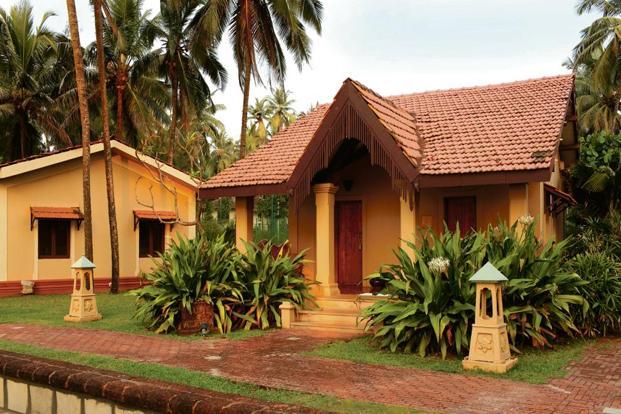My brother and I jointly built our separate houses on the land we inherited (50% each) from our father who died in 1973. The cost of construction, between 2000 and 2003, was nearly ₹10-12 lakh individually. Now we want to sell the property whose market value is nearly ₹1.3 crore, including the cost of the land. What will be our long-term capital gains (LTCG) liability? The land was purchased by our father in 1967. How will it be valued taking indexation into account?
—Name withheld on request
You and your brother will be liable to pay tax on your respective share of any capital gains that arise upon sale of the property.
Since the immoveable property (land and house) has been held for over 24 months before the sale, gains are taxable as LTCG. The difference between the net sale proceeds (i.e. total amount received on sale minus selling expenses such as brokerage) and indexed cost of acquisition and indexed cost of improvement is taxable as LTCG. Indexation refers to adjustment of the cost of the asset based on the cost inflation index (CII) published by the income tax department for the financial year (FY) of acquisition and FY of transfer. We have assumed that the stamp duty value of the immoveable property is lower than the sales proceeds expected.
An undivided share in the land has been inherited by you and your brother from your father. As such, the period of holding of the land will include the period it was held by your father as well. Since he acquired the land prior to 1 April 2001, you can either consider the actual costs he incurred to purchase the land or the fair market value (FMV) of the land as on 1 April 2001 (whichever is higher), when determining the cost of acquisition of your share of the land. Such cost of acquisition will then be indexed using the CII for FY 2001-02 (which is 100) and the FY of sale (CII for FY 2018-19 is 280 assuming the FY of sale is 2018-19), to determine the impact of inflation on the cost of acquisition. Similarly, the indexed cost of acquisition of the house will need to be computed by applying the CII of the FY in which costs were incurred for the construction of the property (i.e. relevant FYs covering the period 2000 to 2003 when the cost of construction was incurred).
The resultant gain will need to be reported in the tax return by the taxpayer who is selling the property. Tax is payable at 20% (plus applicable surcharge and cess) on the resulting LTCG, unless LTCG is re-invested in the specified asset within the specified time period to avail the tax exemption available under the tax law.
You will need to deposit tax on LTCG as per specified dates of payment of advance tax (net of any TDS applied by the buyer), assuming you and your brother are below 60 years of age.


